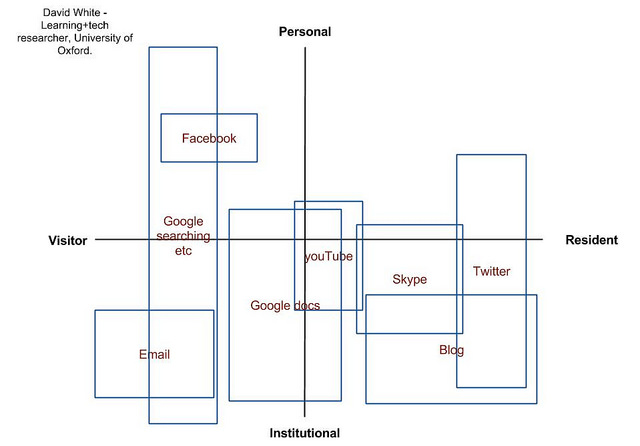
“MANG2049 — RADICAL AND NECESSARY KNOWLEDGE – DEFYING THE BOUNDARIES OF CONVENTIONAL WISDOM” – Final Assignment
MY APPRECIATION FOR THIS MODULE
This module was the FIRST module that caught my attention when i flipped through the prospectus.
Continue reading →








